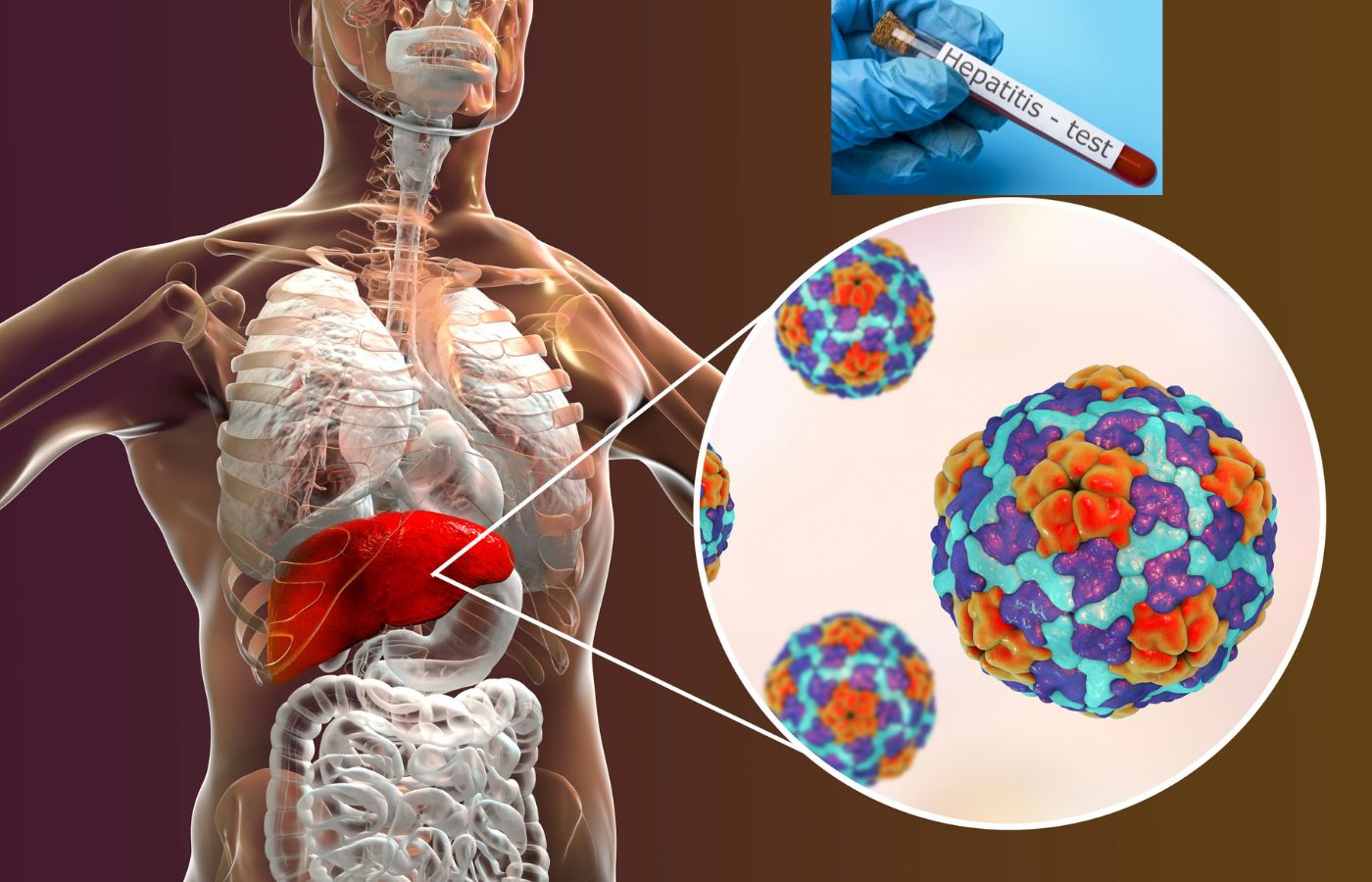
Hepatitis is a serious condition that affects the liver. It refers to the inflammation of liver tissues and can occur due to various reasons, including viral infections, autoimmune disorders, excessive alcohol use, medications, or toxins. Among all the types, hepatitis B and hepatitis C are the most commonly known viral infections that affect millions of people across the globe.
Hepatitis is a condition characterized by inflammation of the liver. The liver plays a crucial role in digesting food, filtering toxins from the blood, and storing energy. When inflamed, the liver cannot perform these functions properly, which may lead to serious health issues.
There are five main types of viral hepatitis: Hepatitis A, B, C, D, and E. Of these, hepatitis B and hepatitis C are the most dangerous because they can become chronic and lead to long-term liver damage, including cirrhosis and liver cancer.
This form is caused by the Hepatitis A virus (HAV) and is typically spread through contaminated food or water. It usually results in an acute infection and rarely causes long-term liver damage.
Hepatitis B is caused by the Hepatitis B virus (HBV). It spreads through contact with infected blood, semen, or other body fluids. It can be acute or chronic and may lead to severe liver damage if not treated early. Vaccination is available and is the best form of prevention.
Caused by the Hepatitis C virus (HCV), this type is usually transmitted through blood-to-blood contact. Like hepatitis B, it can also become chronic and silently damage the liver over time.
Also known as "delta hepatitis," this occurs only in people infected with hepatitis B. It is a serious condition and may worsen the symptoms and liver damage in HBV patients.
This type is caused by consuming contaminated water and is generally seen in areas with poor sanitation. It usually resolves on its own but can be dangerous during pregnancy.
Many people with hepatitis B or hepatitis C don’t show symptoms until the liver damage becomes severe. However, some common symptoms of hepatitis include:
Because the symptoms can be mild or mistaken for other conditions, many cases go undiagnosed for years. That’s why regular screening, especially with a hepatitis B test , is so crucial.
Diagnosing hepatitis involves a combination of physical exams, a detailed patient history, and diagnostic blood tests. Here's how the diagnosis process typically works:
If hepatitis has led to liver damage, imaging like an ultrasound, FibroScan, or CT scan may be performed to assess the liver’s condition.
3. Liver BiopsyIn chronic or unclear cases, a small piece of liver tissue is taken for examination to determine the extent of damage or inflammation.
Early diagnosis is key in managing hepatitis B and hepatitis C. Detecting the disease early allows for better treatment outcomes and can help prevent:
Vaccines are available for hepatitis A and hepatitis B, but hepatitis C currently has no vaccine. This makes early diagnosis and treatment even more important for hepatitis C.
Hepatitis, especially hepatitis B and hepatitis C, can be silent killers if not diagnosed early. Understanding the symptoms of hepatitis and getting the right hepatitis B test or other diagnostic screenings is the first step toward effective treatment and a healthier life.
If you're experiencing any signs or symptoms or belong to a high-risk group, don’t wait. Visit a trusted diagnostic centre for screening.
For accurate testing, expert care, and timely diagnosis, Diagnopein Diagnostic Center is your trusted partner. From hepatitis B tests to advanced liver health screening, Diagnopein offers reliable and affordable services to help you stay ahead of liver-related diseases. Book your test today!